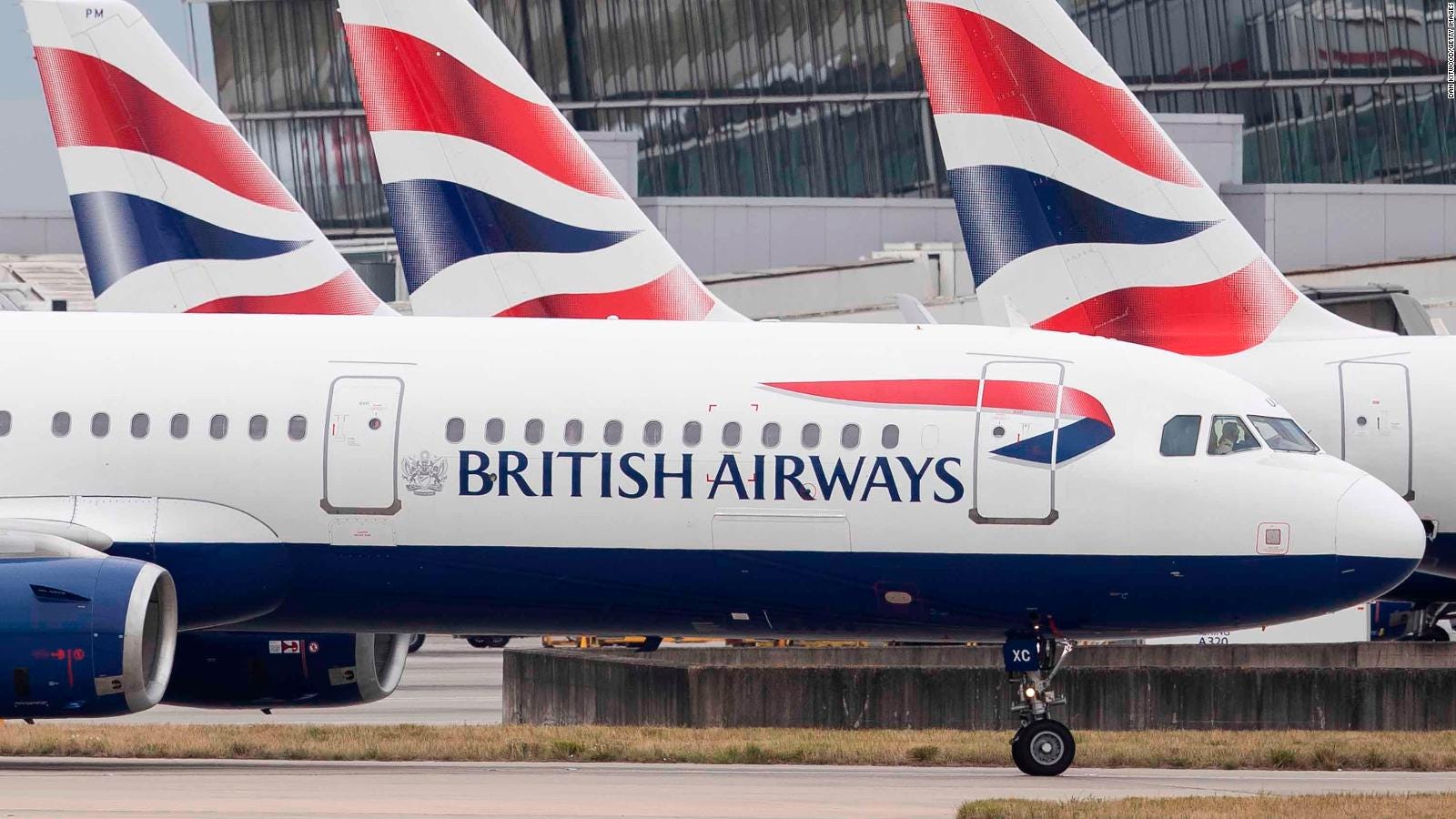
Ever wondered how the aviation industry stays safe and efficient? Aviation industry regulations play a huge role in ensuring that airplanes, pilots, and airports meet strict standards. These rules cover everything from pilot training to aircraft maintenance, making sure every flight is as safe as possible. Without these guidelines, air travel could be chaotic and dangerous. But who sets these rules, and how do they impact your flying experience? In this blog post, we'll uncover 16 intriguing facts about aviation industry regulations that will give you a better understanding of what keeps the skies safe. Buckle up and get ready to learn!
Key Takeaways:
- Aviation regulations ensure safety, efficiency, and passenger rights. They cover pilot experience, aircraft maintenance, environmental impact, and technological advancements. International cooperation is key for global aviation safety.
- The birth of aviation regulations dates back to 1919, shaping global standards. They address safety, environmental impact, passenger rights, and technological advancements. International cooperation is crucial for maintaining safety and efficiency.
The Birth of Aviation Regulations
Aviation regulations have shaped the industry, ensuring safety and efficiency. Here are some fascinating facts about how these rules came to be.
-
The first aviation regulations were established in 1919 with the International Air Navigation Convention, setting the stage for global aviation standards.
-
The Federal Aviation Administration (FAA) was created in 1958 in response to a series of mid-air collisions, highlighting the need for stricter oversight.
-
The International Civil Aviation Organization (ICAO) was formed in 1944 to promote safe and orderly development of international civil aviation.
Safety First: Key Regulations
Safety is the cornerstone of aviation regulations. These rules ensure that every flight is as safe as possible for passengers and crew.
-
The FAA mandates that all commercial pilots must have at least 1,500 hours of flight experience before they can be hired by an airline.
-
Aircraft maintenance is strictly regulated, with mandatory checks at various intervals, including daily, weekly, and annually.
-
The "Sterile Cockpit Rule" requires pilots to refrain from non-essential activities during critical phases of flight, such as takeoff and landing.
Environmental Impact and Regulations
Aviation has a significant impact on the environment, and regulations help mitigate this impact.
-
The ICAO has set standards for aircraft noise and emissions, aiming to reduce the environmental footprint of aviation.
-
The European Union Emissions Trading System (EU ETS) includes aviation, requiring airlines to monitor and report their CO2 emissions.
-
The Carbon Offsetting and Reduction Scheme for International Aviation (CORSIA) aims to stabilize CO2 emissions at 2020 levels by requiring airlines to offset their emissions growth.
Passenger Rights and Comfort
Regulations also focus on passenger rights and comfort, ensuring a pleasant travel experience.
-
The FAA's "Tarmac Delay Rule" limits the time passengers can be kept on a plane during delays to three hours for domestic flights and four hours for international flights.
-
The European Union's Regulation 261/2004 provides compensation for passengers in case of flight cancellations, delays, or denied boarding.
-
Airlines must provide accessible services for passengers with disabilities, including assistance at airports and on board.
Technological Advancements and Regulations
As technology advances, so do the regulations that govern its use in aviation.
-
The FAA has strict guidelines for the use of drones, including registration, pilot certification, and operational limitations.
-
NextGen, the FAA's modernization program, aims to transform air traffic control from a radar-based system to a satellite-based one, improving efficiency and safety.
-
The introduction of Electronic Flight Bags (EFBs) has been regulated to ensure they meet safety standards and can be used effectively by pilots.
International Cooperation
Aviation is a global industry, and international cooperation is crucial for maintaining safety and efficiency.
- The ICAO's Universal Safety Oversight Audit Programme (USOAP) monitors member states' compliance with international safety standards, promoting global aviation safety.
The Final Descent
Understanding aviation industry regulations is crucial for anyone interested in aviation. These rules ensure safety, efficiency, and fairness in the skies. From pilot training to aircraft maintenance, every aspect is tightly controlled. Knowing these regulations helps passengers feel safer and more informed about their travel.
Regulations also impact airline operations, influencing everything from flight schedules to ticket prices. They ensure that airlines operate fairly and transparently, protecting consumers from unfair practices.
For those working in aviation, staying updated on regulations is a must. It ensures compliance and helps avoid penalties. Plus, it keeps everyone on the same page, promoting a safer and more efficient industry.
In short, aviation regulations are the backbone of the industry. They keep the skies safe, fair, and efficient for everyone involved.
Frequently Asked Questions
Was this page helpful?
Our commitment to delivering trustworthy and engaging content is at the heart of what we do. Each fact on our site is contributed by real users like you, bringing a wealth of diverse insights and information. To ensure the highest standards of accuracy and reliability, our dedicated editors meticulously review each submission. This process guarantees that the facts we share are not only fascinating but also credible. Trust in our commitment to quality and authenticity as you explore and learn with us.


